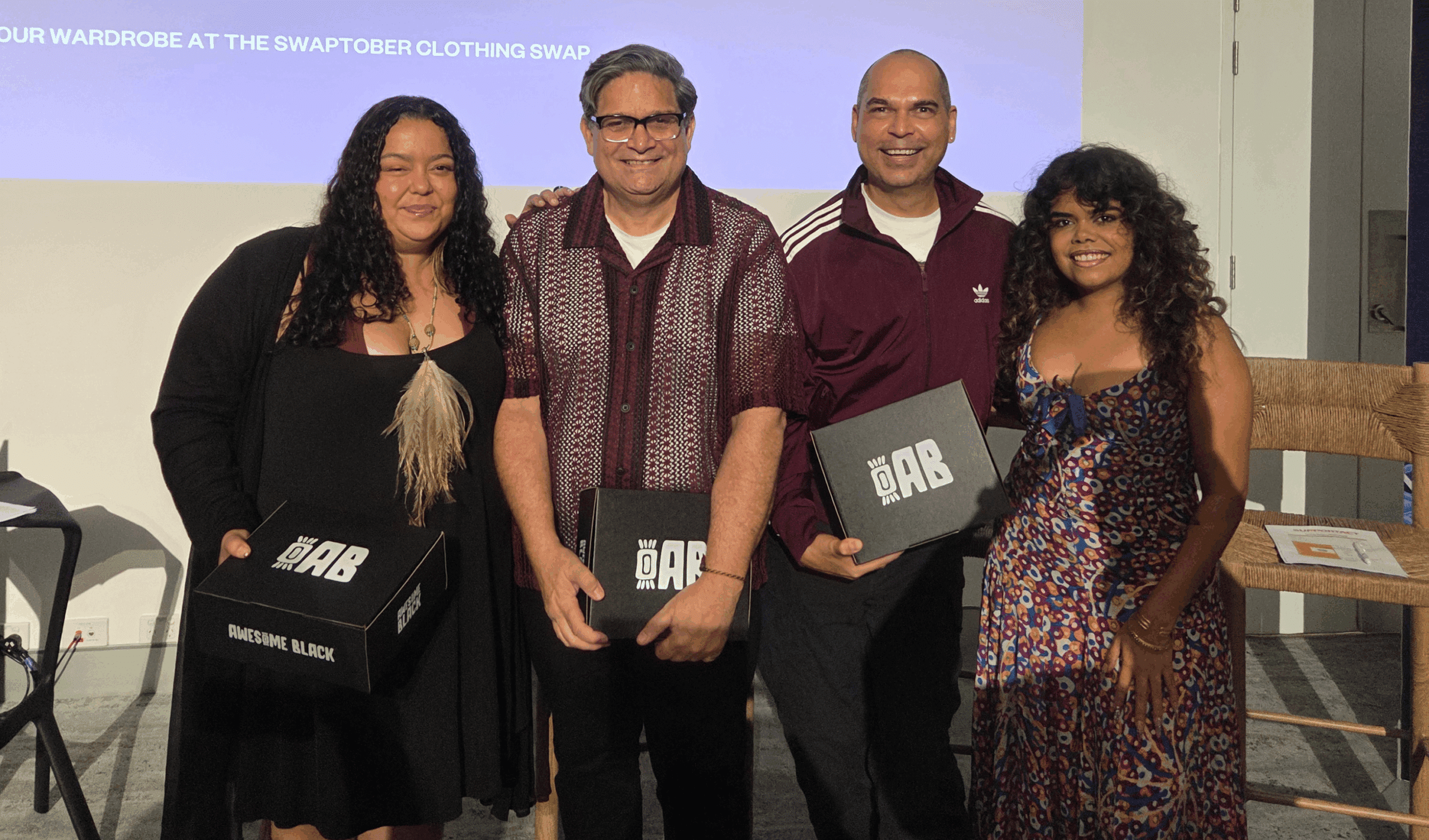Trauma is a disruptive and destabilising experience that can occur after confronting something which threatens our sense of safety or the safety of others. It can be a heavy topic to talk about, but it’s important to discuss if we want to get better at supporting our friends and colleagues who are suffering from the impacts of trauma.
After a traumatic event, given appropriate support and time to reflect and heal, most people process and integrate trauma, and life can return to normal. But for other people, the effects of trauma can be long lasting and trigger ongoing symptoms that continue to impact everyday functioning. This bundle of symptoms is usually called Post-Traumatic Stress Disorder (PTSD).
According to our 2022 survey findings, 10.7 per cent of Australian music industry workers reported a diagnosis of PTSD across their lifetime. It’s also estimated that Australian women are at almost double the risk of experiencing PTSD across their lifetime, with the most common causes stemming from family violence, sexual violence and workplace abuse.
Feeling afraid, sad, angry and confused are natural emotional responses following traumatic events. However, when ongoing symptoms continue to wreak havoc in the present and preoccupy the mind, this could be a sign of PTSD.
PTSD commonly has four groups of symptoms
- Re-experiencing the trauma
- Avoiding reminders of the event
- Negative changes in thoughts and mood after the event
- Feeling nervous, uneasy, and constantly “on edge”
If you are experiencing any of these symptoms, and especially if things are not getting better over time, it’s important to get support. A good place to start is by talking to your GP. You can also contact the Support Act Wellbeing Helpline on 1800 959 500 to speak with a counsellor about how you are feeling.
Trauma doesn’t look the same for everyone and it can be difficult to navigate yourself and your loved ones through it. Working in music can create a space for healing through creativity, where the work created may be a healing balm not only for yourself, but for others who are feeling the effects of trauma and PTSD. Music, and other forms of artistic expression, can also help broaden people’s understanding of unique emotional experiences and connect us with a shared sense of humanity.
Looking for more? Check out the Support Act guide to trauma here.


